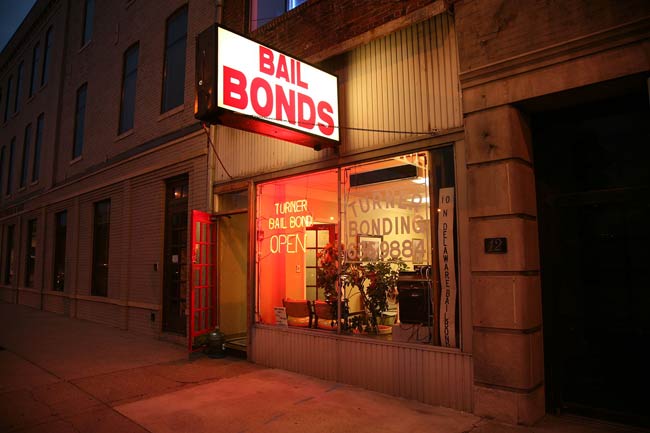
July 31, 2018; Michigan Radio
It is hard to justify a system that punishes the disadvantaged when more equitable alternatives are available.
The justification for cash bail seems logical: Someone is suspected of committing a crime, and the courts believe that person is likely to skip or miss their court date. The court needs to add an incentive to show up, and therefore tells the accused that they may leave jail if they post bail money. The hope is that the accused will show up to their court date to get their bail money back. Simple enough, right?
Unfortunately, it is far more complex than that and in ways beyond the violation of the presumption of innocence fundamental to our justice system.
The trouble with cash bail starts when it is set at a level that the arrested person cannot afford. If the jailed cannot post bail, they are held until their court date, which can take months. Life does not stop just because you cannot afford bail. While waiting for a trial, the accused can lose their job, their custody rights, and their home, all before being convicted of a crime.
Sign up for our free newsletters
Subscribe to NPQ's newsletters to have our top stories delivered directly to your inbox.
By signing up, you agree to our privacy policy and terms of use, and to receive messages from NPQ and our partners.
The cascade of problems continues. When facing down the prospects of losing their livelihood, arrested persons may see a confession for a lesser sentence and an accompanying release as more appealing, even if they have done nothing wrong. If the person faces legal fees after being released, they will find them much more difficult to pay now with a criminal record that results from that plea and may have cost them a job. The cash bail system can punish innocent people for not being able to afford bail, essentially punishing them for being poor.
Two Detroit nonprofits, Detroit Justice Center and Bail Project, are teaming up to work as bail “disruptors” until more meaningful reforms can be made. They have started a program to bail people out while they wait for their court date. DJC is putting its finances on the line to help people who cannot afford to get out of jail.
With all of these “high risk” people on their watch, is the nonprofit bleeding money? On the contrary: the Detroit Justice Center and the Bail Project have a sizeable endowment to pay for these projects, and once the accused is released, the Detroit Justice Center keeps in touch with them and makes sure they make it to their court date. Despite the presumptions of many in the criminal justice system, many people miss their court dates not because they want to avoid it, but for any number of reasons, from forgetting to unreliable transportation.
However, Detroit Justice Center and the Bail Project are not content with these stop-gap measures. They treat the symptoms, but not the root cause of the problem. The problem is the cash bail system. The groups are advocating systems more in line with the Washington, DC approach that has deemphasized cash bail systems, finding success with something as simple as a text message reminder. Going further, the groups want to eliminate the in-home monitoring systems, as they also impose costs on users.
There are numerous instances of judge bias in sentencing. Is it so far-fetched to think that the same biases might apply in setting bail? At the same time, we do not want a system that lets dangerous people free to commit more crimes before they face justice. Effective reforms will need to take this into account. If we, as a country, choose to stand by the presumption of innocence that we hold dear, this is an urgent issue. Right now, the United States has a tiered justice system based on assets at hand. With luck, we are reaching a critical mass in the movement. One thing is certain: our current system, as it stands, is broken, and it is crushing the most vulnerable people in our society.—Sean Watterson













